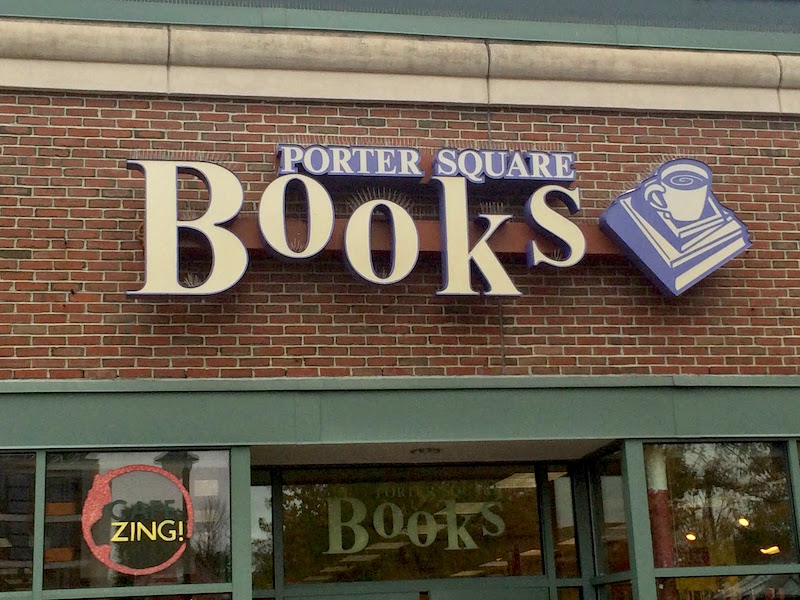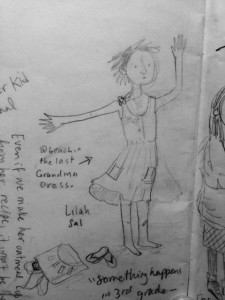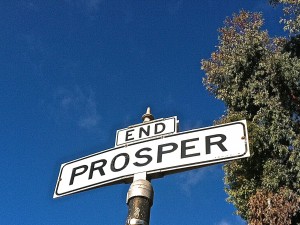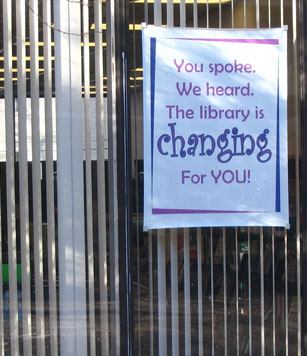 My first blog, which I started in 2007, was devoted to exploring and admiring free public libraries. I’m the child of these spaces, having grown up with family values centered on learning, self-determination, and play. Weekend trips to our local branch or to one of the further-off library networks adjacent to my Jersey Shore town set me on a path of life-long appreciation –not just for the beguiling contents, but also for the buildings themselves, the culture(s) of patron-hood, and intriguing off-shoots like book mobiles and card catalog fan-art.
My first blog, which I started in 2007, was devoted to exploring and admiring free public libraries. I’m the child of these spaces, having grown up with family values centered on learning, self-determination, and play. Weekend trips to our local branch or to one of the further-off library networks adjacent to my Jersey Shore town set me on a path of life-long appreciation –not just for the beguiling contents, but also for the buildings themselves, the culture(s) of patron-hood, and intriguing off-shoots like book mobiles and card catalog fan-art.
Librarytour concluded in 2012 after 52 posts and 1 guest post, largely due to traveling less, having a backlog of unwritten reviews, and ambivalence about the blog’s core purpose. Skimming through posts recently, I felt underwhelmed–the word craft and my attempts at photography lacked a certain something. Remembering back, I recall struggling to establish the right tone. Many bloggers I admired had positioned themselves as experts or perhaps obsessed connoisseurs, but I set my sights on something different. I wanted to BE with libraries, to share a living sense of the mundane and the miraculous.
Canceling the blog didn’t mean I stopped visiting libraries, of course. Nor did I delete the account. I understand that some unmake their art as a path to transformation, but I tend toward shelving completed or abandoned projects and letting them ferment . . . for decades. Librarytour will remain at its original address until a new purpose is unearthed (hopefully), the Internet tanks (unlikely), I bite it and no one left behind is aware or cares that the blog exists (pretty likely), or some combination therein, which may or may not include serendipity and/or magic. Best case scenario? This old blog sparks newness in someone else with a matching or next-level love for free public libraries as a locus of literary, auditory, and digital arts, opportunity, culture, and DIY spirit, in whatever form that takes.
WordPress stats report the posts below as Librarytour’s all-time Top 3:
1 – Old Bridge Library – Master of Dedicated Spaces – New Jersey – July 3, 2010
“Old Bridge Library is lived-in and loved. The space is one large room organized by uses: Living Room, Children’s Room, Information Services, Senior Spaces, Teen Zone, etc. Each section is additionally separated into zones. For instance –in the Living Room one might fight to stay awake on couches in one area or, in another, relax in up-right armchairs, reading a magazine under a lamp. The Senior Space offered rocking chairs and computers with screens featuring increased magnification for eyes tired of trying to figure out tiny type.”
2 – Somerville Library, I’ve got my eye on you – Massachusetts – March 7, 2008
“Well, I’m a big fan of bulletin boards, so I walked on back there to take a gander. I noticed a brochure titled “So Fine A Prospect,” which turned out to be a walking tour of Prospect Hill and Union Square in Somerville, MA. First on the list is the Somerville Central Library, located on Highland Avenue.”
3 – Bibliotheque publique d’information – Paris, France – June 10, 2010
“The Paris library Bibliotheque publique d’information is a big fish. A big, big, fish. I have never seen anything like it. As it has become my custom to visit a library nearly everywhere I travel, regardless of whether I can actually speak the language and read the books, my cousin and I braved the crowds at the bibliotheque.”
Phoebe Sinclair, 2018 Ivan Gold Fellow
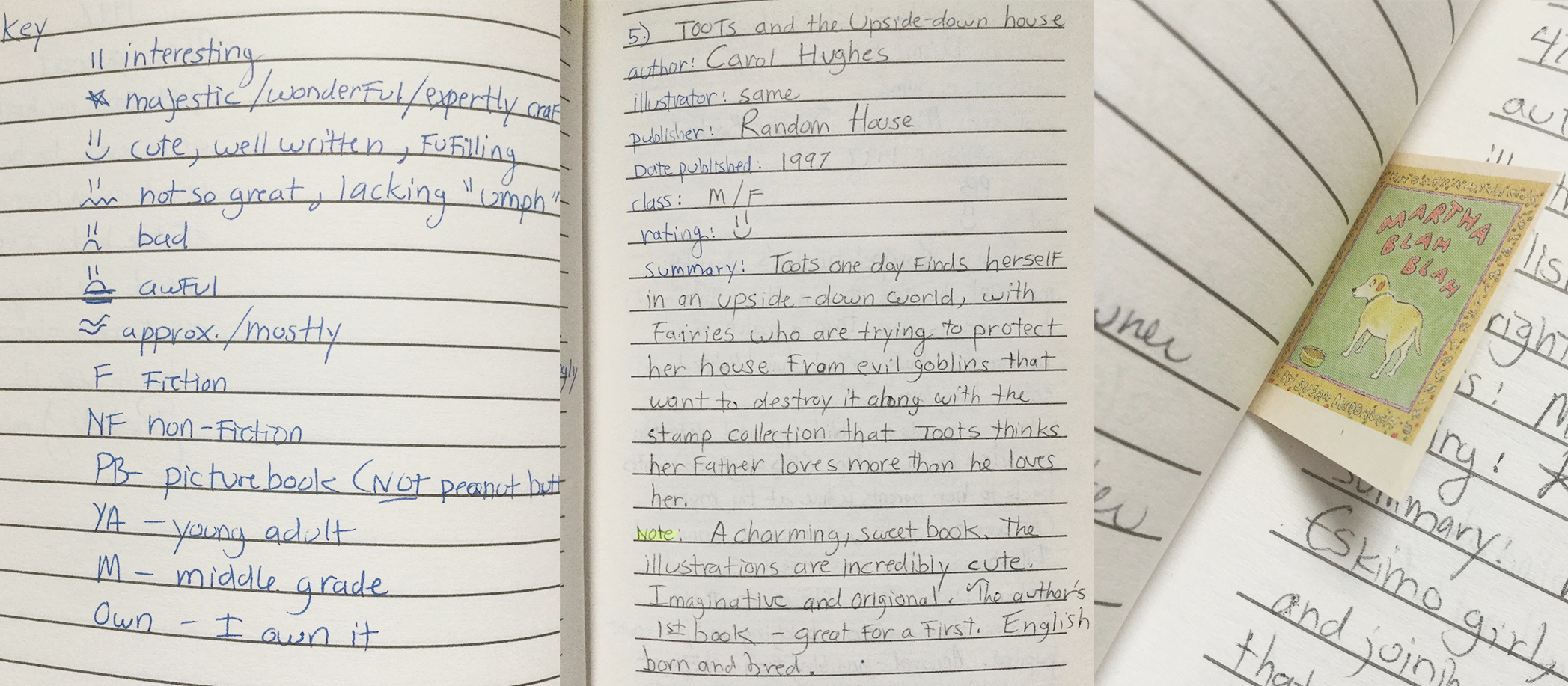
 This fall, WROB member Camille DeAngelis published Life Without Envy: Ego Management for Creative People. This is not the sort of book I normally read but knowing Camille, I dove in. Camille spends most of the book focused on the dangers of comparison: because that other person published/sold/wrote/won means I should.
This fall, WROB member Camille DeAngelis published Life Without Envy: Ego Management for Creative People. This is not the sort of book I normally read but knowing Camille, I dove in. Camille spends most of the book focused on the dangers of comparison: because that other person published/sold/wrote/won means I should.